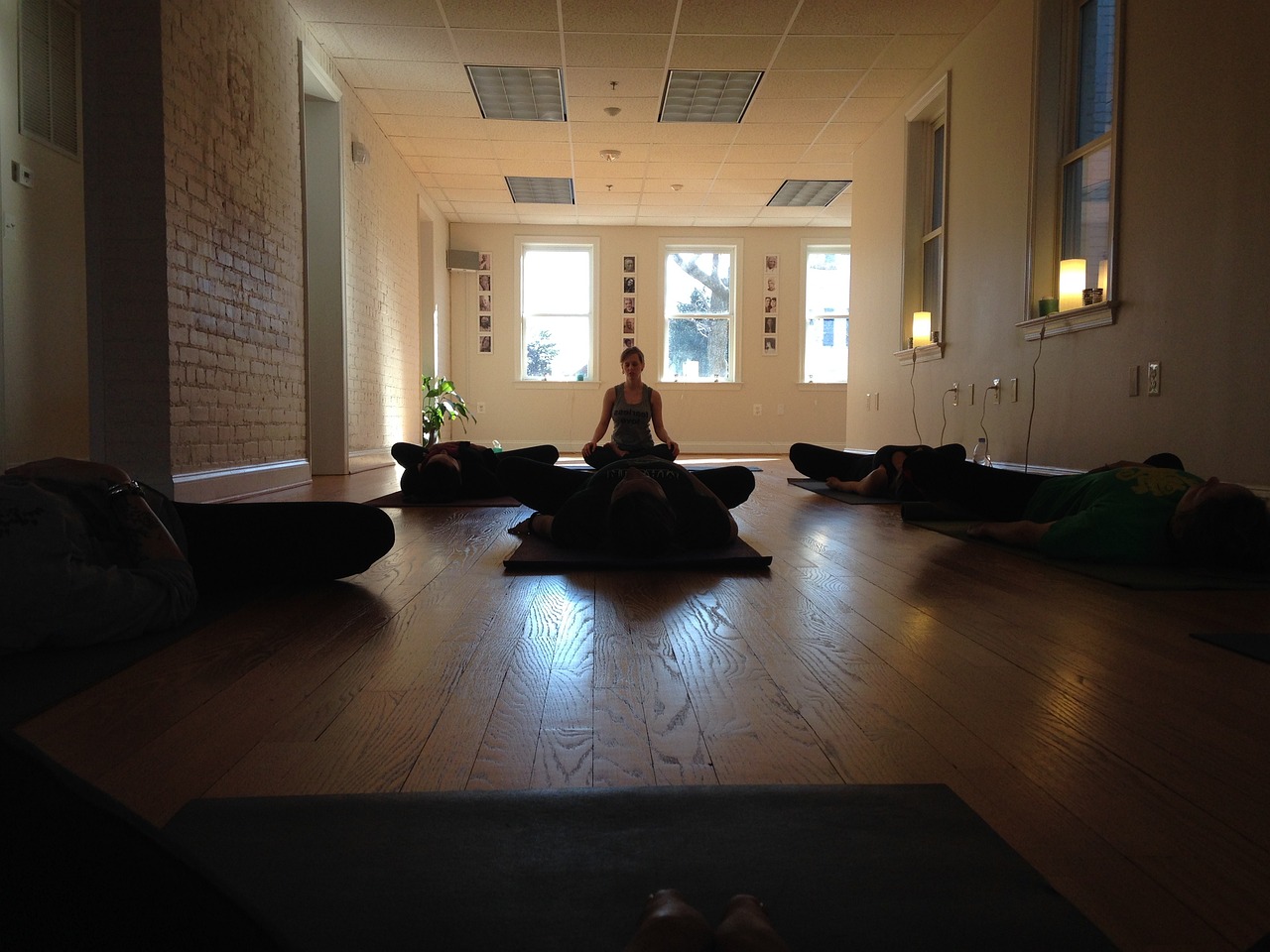Understanding the impact of drug trafficking on infectious disease spread: Bit bhai 9, Radhe exchange, Lotus365.win login
bit bhai 9, radhe exchange, lotus365.win login: Rheumatology and Birdwatching: Enjoying Nature with Ease
Living with rheumatoid arthritis or other rheumatic conditions can present challenges when it comes to physical activities. However, that does not mean you have to give up on enjoying the great outdoors. Birdwatching can be a fantastic way to connect with nature, stay active, and relax while accommodating the needs of your body. In this article, we will explore how birdwatching can be a fulfilling hobby for those with rheumatological conditions and how you can make the most out of it.
Why Birdwatching?
Birdwatching is a hobby that can be enjoyed by people of all ages and physical abilities. It allows you to spend time outdoors, connect with nature, and observe the beauty of different bird species. The peaceful and calming nature of birdwatching can also be beneficial for your mental health, reducing stress and anxiety.
For individuals with rheumatological conditions, birdwatching can offer a low-impact way to stay active and engage in physical activity. It can be done at your own pace, allowing you to take breaks when needed and avoid overexertion. Additionally, the act of focusing on bird sightings can help distract from pain and discomfort, providing a welcome escape.
Tips for Birdwatching with Rheumatological Conditions
Here are some tips to help you make the most out of your birdwatching experience while managing your rheumatological condition:
1. Choose the Right Equipment: Invest in a lightweight, comfortable pair of binoculars with adjustable straps. Opt for a birding scope if you prefer to observe birds from a distance without straining your eyes.
2. Dress for Comfort: Wear layers to accommodate changes in weather and select clothing that allows for ease of movement. Consider wearing supportive shoes to provide comfort and reduce strain on your joints.
3. Use a Chair or Stool: Bring along a lightweight folding chair or stool to sit on while birdwatching. This will help reduce fatigue and provide a comfortable place to rest.
4. Plan Ahead: Research birdwatching locations that are accessible and have level paths or trails. Check the weather forecast and plan your outing accordingly to ensure a comfortable experience.
5. Take Breaks: Listen to your body and take breaks as needed. Don’t push yourself too hard and remember that it’s okay to rest and relax during your birdwatching excursion.
6. Stay Hydrated: Bring plenty of water to stay hydrated throughout your birdwatching adventure. Dehydration can exacerbate symptoms of rheumatological conditions, so it’s important to drink water regularly.
7. Practice Mindfulness: Engage in mindful birdwatching by focusing on the sights and sounds around you. Take deep breaths and appreciate the beauty of nature to promote relaxation and mindfulness.
Enjoying Nature with Ease
Birdwatching can be a fulfilling and enjoyable hobby for individuals with rheumatological conditions. By following these tips and listening to your body, you can make the most out of your birdwatching experience while accommodating the needs of your condition. Remember to take it slow, enjoy the present moment, and connect with nature in a way that brings you joy and relaxation.
FAQs
1. Is birdwatching a suitable activity for individuals with rheumatological conditions?
Yes, birdwatching can be a great hobby for individuals with rheumatological conditions as it is a low-impact activity that allows for flexibility and relaxation.
2. How can I make my birdwatching experience more comfortable?
You can make your birdwatching experience more comfortable by choosing the right equipment, dressing for comfort, using a chair or stool, planning ahead, taking breaks, staying hydrated, and practicing mindfulness.
3. Are there any specific locations that are recommended for birdwatching with rheumatological conditions?
Look for birdwatching locations that are accessible and have level paths or trails to accommodate individuals with rheumatological conditions. National parks, wildlife refuges, and botanical gardens are great options to explore.
4. Can birdwatching help with managing symptoms of rheumatological conditions?
Engaging in birdwatching can help distract from pain and discomfort, promote relaxation, and reduce stress and anxiety, which can be beneficial for individuals managing symptoms of rheumatological conditions.
Remember, the key to enjoying birdwatching with rheumatological conditions is to listen to your body, take breaks as needed, and prioritize your comfort and well-being. Take the time to connect with nature, relax, and appreciate the beauty of bird species around you. Happy birdwatching!







